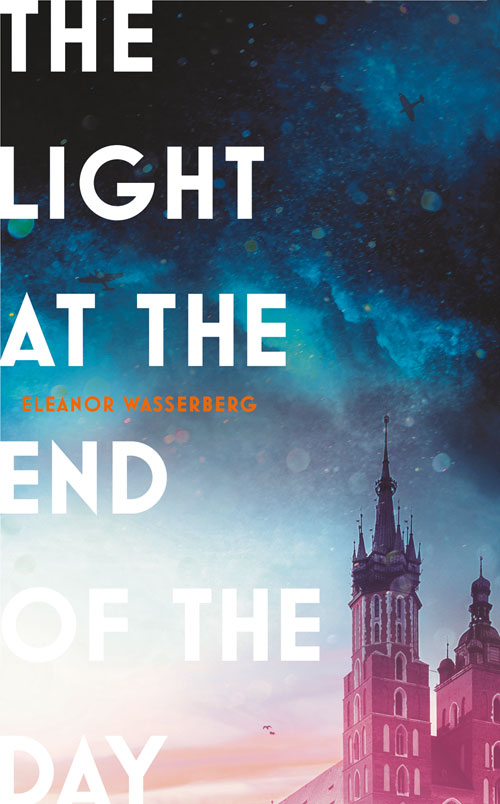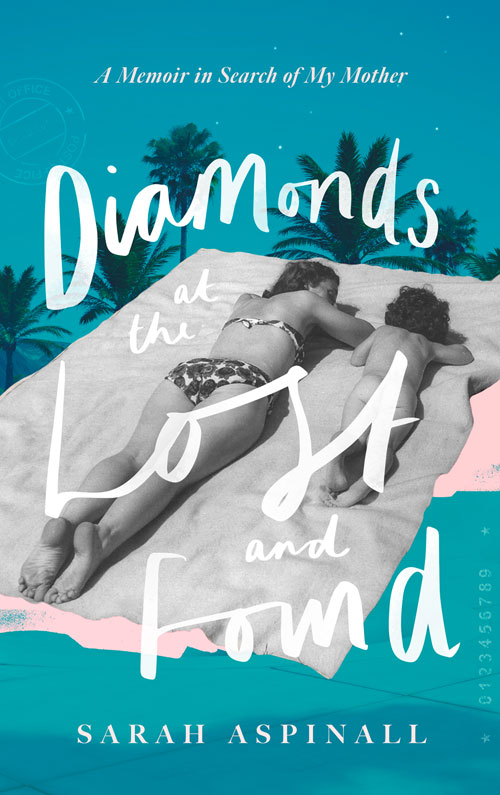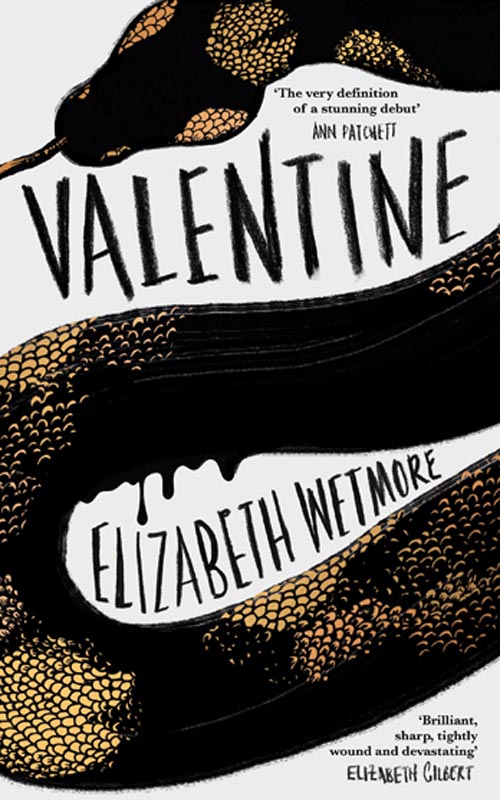 ‘Write Here’ takes us into our authors’ writing spaces across the globe, where they tell us about how they go about their craft. We mark each location on the map at the bottom of each post. In today’s edition we visit the Montage Café in Forest Hill, London, where Stevan Alcock wrote his scintillating debut novel ‘Blood Relatives’…
‘Write Here’ takes us into our authors’ writing spaces across the globe, where they tell us about how they go about their craft. We mark each location on the map at the bottom of each post. In today’s edition we visit the Montage Café in Forest Hill, London, where Stevan Alcock wrote his scintillating debut novel ‘Blood Relatives’…

Where is your favourite space to write?
‘Various cafes – including the one in the picture above. The eclectic Montage Café in Forest Hill, close to where I live.’
What conditions are most productive for you? Do you require silence, or can you work in a noisy household?
‘A low buzz. I have the luxury of a home office, but I prefer to write elsewhere – although I avoid cafes where the post-nursery invasion of mothers and buggies gathers for afternoon tea.’
Does music play a part in setting your writing rhythm?
‘I guess that the rhythms of music do. There is a rhythmic undercurrent to my writing. I read my own work out loud a lot and part of what I am doing is listening to the footfall of the words. If I have music on while writing at home then it’s instrumental ambient. Anything else is too distracting.’
Do you have any superstitions that must be adhered to when writing?
‘Absolutely none. I don’t sharpen ten pencils before starting or anything of that nature.’
What tools do you use?
‘The computer keyboard. I also use my mobile to make notes or even record conversations. If you’re typing into the memo pages on your mobile no-one these days pays any attention. I end up with some truly bizarre stuff.’
What is your day-to-day writing routine?
‘I haven’t given up the day-job as a translator. So a creative writing routine is a luxury. I try and take at least one or two days ‘off’ a week to write. But then sometimes a translation deadline gets in the way. I have a scatter-gun approach of scribbling bits and pieces, especially in the development stages of a book. Then I start to weave it together, and that’s when the structure comes into play. Once I have hold of something I seize every moment available to me to get it down. I can edit for hours – I love that honing process.’
How has your writing routine changed, if at all, throughout the course of your life?
‘I wish I was able to just get up and hit the desk by 7.00 a.m., or however all these disciplined writers profess to do it, although I don’t believe that being a desk slave produces better results. Taking walks and thinking about the writing is important. What I have learned over the years is that there isn’t one way to write. When I lived with S.J. Naudé in London he would write intensively for hours at a stretch and then produce nothing for ages, whereas and I would pick at my writing steadily. We both got there.
When you begin writing a new work, how do you go about planning it? Are you more structured or improvisational?
‘I need a scaffold, but only so that I can dismantle it at some point. I think that if you plan too much it can show up unfavourably. I will write something, a few thousand words on the fly, stop, look at that and start to shape it. This might then spark the next improvised section.’
Does the way you approach writing change depending on the work, or is it consistent? Do you have a particular word target per day?
‘There are days when I don’t write a word followed by frenzied activity.’
Where would you write if you had infinite time and budget?
I’m no good with isolation – I just get introverted and depressed. I need a buzzing and edgy city where I can dip in and out at will and just get on with it. London gives me that in spite of all its distractions. I like Cape Town for short periods, but I couldn’t stay there permanently – that would become counter-productive.
Stevan Alcock is the author of ‘Blood Relatives’.
If you enjoyed this, try:
[wpgmza id=”1″]





4thestatebooks